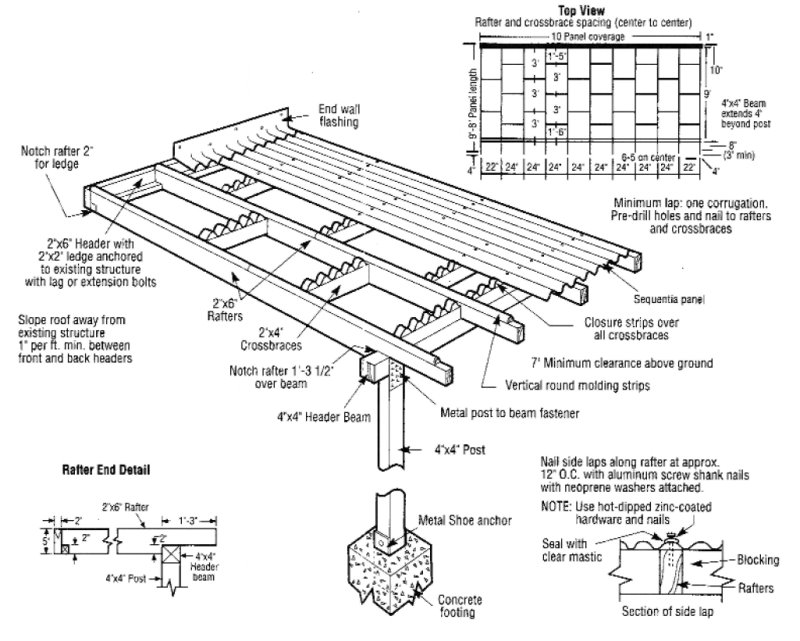

Below are more details for your reference. Also, we will offer custom designs to meet special projects. The following distributed load capacities apply.Wanzhi Steel offers various designs and sizes of corrugated galvanized iron (CGI) roofing sheets. Restricted access roof, 0.55mm G550 steel Corrugate has a maximum end span of 1000mm and a maximum internal span ofġ500mm.
CORRUGATED STEEL ROOFING MANUAL
Long spans may require the specification and use of side lap stitching screws – see Section 2.3.2C Installation Information: Layout and Fastening of Technical Manual If this is done, the distributed load capacities given in the chart should be reduced using a multiplying factor of 0.6. Use in serviceability categories (1) or (2) can allow the reduction of fasteners to 3 screw fasteners/sheet/purlin. Wherever the designer wishes to ensure the risk of fastener over-tightening will not cause dishing of the crest of the profile rib.When required to enable the fixing system to accommodate the thermal movement of long sheets – see Section 2.1.3.4 Thermal Movement of Technical Manual.Contact Dimond for specific advice in these design cases. On end spans, or large internal spans where the Ultimate Limit State distributed load is limiting.Profiled metal washers are recommended for use: The Limit State Load / Span Capacity Chart is based on 5 screw fasteners/sheet/purlin without the use of load spreading washers (except for Duraclad material, which must be fitted with profiled metal washers and 36mm EPDM seals). Low wind zone = 0.68kPa, Medium wind zone = 0.93kPa, High wind zone = 1.32kPa, Very high wind zone = 1.72kPa and Extra high wind zone = 2.09kPa.įor screw size range and fastener/washer assembly refer Section 2.2.3.1 of Technical Manual. High, otherwise AS/NZS 1170.2 should be used
CORRUGATED STEEL ROOFING CODE
design loads in accordance with the MRM Roofing Code of Practice can be used for buildings less than 10m If necessary, “No Roof Access” signs used.Īs a guide for non-specific design the following S.L.S. Walls or roofs where no foot traffic access is possible or permitted. Walkways installed where regular traffic is expected, and “Restricted Access” signs placed at access points. No congregation of foot traffic expected.Įxpect occasional foot traffic educated to walk only on the purlin lines, in the profile pans, or carefully across two profile ribs. While these categories are given for design guidance to meet the serviceability limit state criteria, foot traffic point load damage may still occur if there is careless placement of these point loads.Įxpect regular foot traffic to access the roof for maintenance work and able to walk anywhere on the roof. The capacities given do not apply for cyclone wind conditions. To obtain an ultimate limit state load we recommend factoring the serviceability load up by 1.4 in-line with NZMRM guidelines.

Serviceability loads have been derived by test to the NZMRM testing procedures. The span capacity of Corrugate is determined from the Corrugate Limit State Load/Span Capacity Chart using the section of the chart appropriate to the grade and type of material and to the category of serviceability selected from the three categories below. No pull through of fixings or fastener withdrawal resulting in sheet detachment due to wind up-lift (outward) loads. No deflection or permanent distortion that would cause unacceptable appearance, side lap leakage or water ponding, due to foot traffic point loads, inward or outward wind loads or snow loads.


 0 kommentar(er)
0 kommentar(er)
